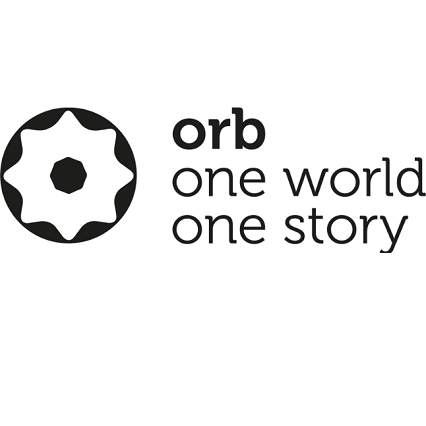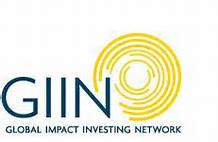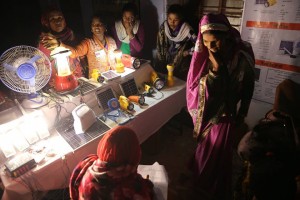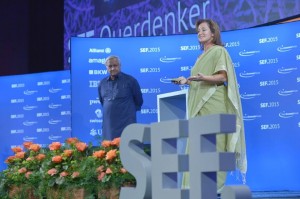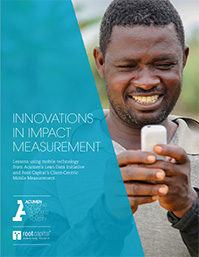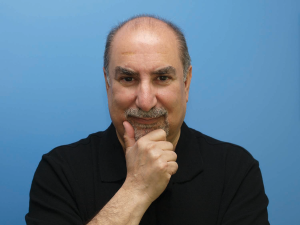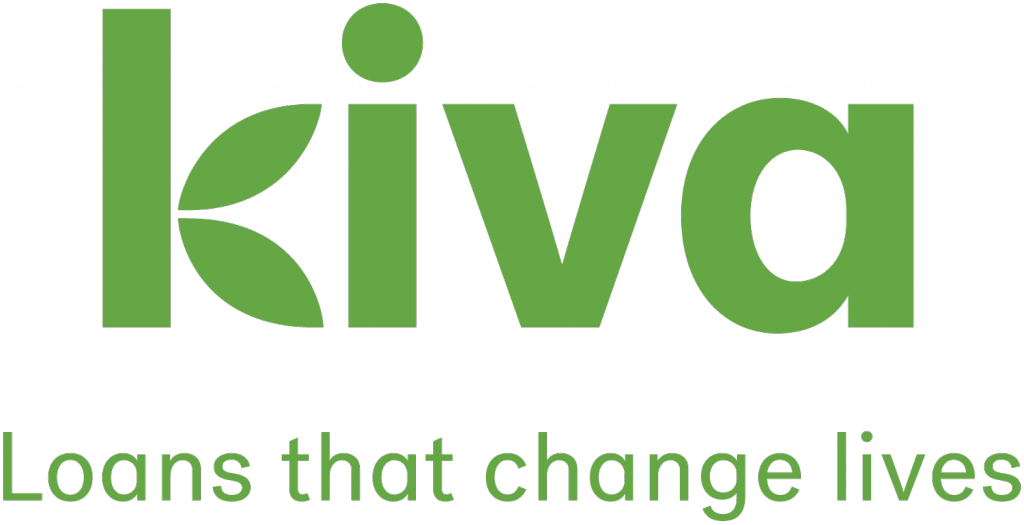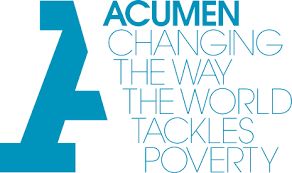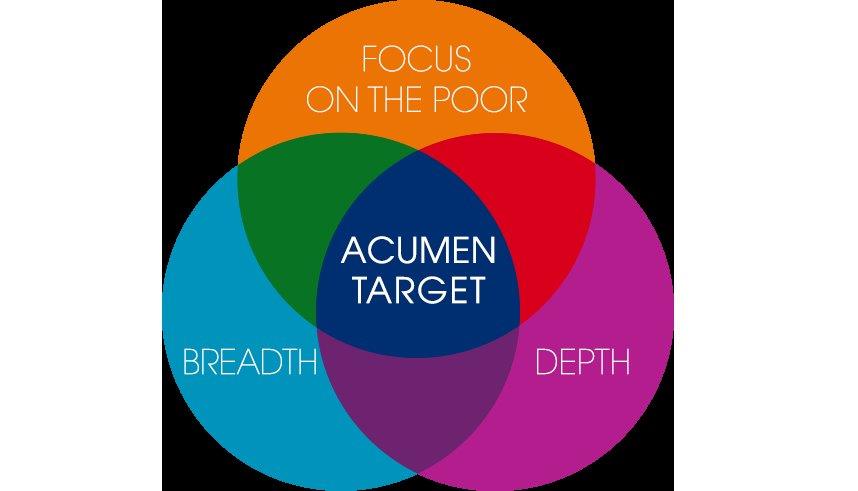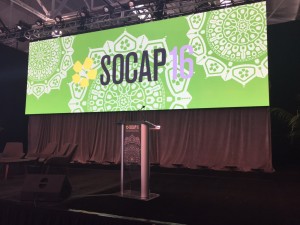 On June 26th, I was fortunate to attend an exclusive event where Molly Bingham, the founder of Orb Media, philanthropist, filmmaker, photographer and journalist, shared with us her amazing journey. This event was organized by Women and Philanthropy (thank you Kecia Barkawi!).
On June 26th, I was fortunate to attend an exclusive event where Molly Bingham, the founder of Orb Media, philanthropist, filmmaker, photographer and journalist, shared with us her amazing journey. This event was organized by Women and Philanthropy (thank you Kecia Barkawi!).
Molly is Founder and CEO of Orb Media, which produces a new kind of journalism that challenges the way we see our world and brings us together around the things we share. At a time when we most need to see the full picture of our planet, today’s journalism is showing us only fragments of it. As people, we have our differences, but we share a core that profoundly outweighs them.
Orb Media is a nonprofit journalism organization that reports on issues that matter to billions of people around the globe. Fusing original research, data analysis, on the ground reporting, and an engaged public, Orb Media produces agenda-setting stories about the challenges we face together as one world.
Rather than bombarding the public with breaking news while providing little in the way of context, Orb practices proactive journalism. Orb asks how events may (or may not) fit into a meaningful, global trend by covering 8 topics (linked to the UN Sustainable Development Goals) that affect each of us every day: Food, Water, Energy, Health, Education, Environment, Trade and Governance. Orb produces professional and fact-based journalism exploring these topics that touch billions of people across national, cultural and linguistic differences. Orb delivers each story in four versions – text, audio, multimedia and data – in the world’s most widely spoken languages. The stories are designed to be accessible on any internet connected phone, tablet or computer. The stories are distributed through The Orb Media Network (OMN) which is composed of agenda-setting media brands from around the world who simultaneously publish stories researched and reported by Orb in order to present their audiences with fact-based, quality information on global issues. By working in this way Orb and the OMN catalyze global dialogue on critical issues, focusing the attention of government, industry, researchers, civil society, and the public. (source: orbmedia.org)
Some of their recent stories include Invisibles- The plastic inside us, a story revealing how plastic fibers have contaminated tap water around the world, this was followed by the alarming story Plus Plastic – Microplastics found in global bottled water and the most recent one is Age Well – attitudes matter in a graying world. All these stories are important to all of us in the interconnected world. Orb is remaking journalism to one that the world truly needs.
I was also hugely impressed and inspired by Molly, her courage, dedication, passion, and her journey. Molly comes from generations of pioneering journalists, in fact, she is the 4th generation. She is an award-winning journalist, photojournalist and filmmaker. In 1994 she started as a photographer traveling to Rwanda to cover events after the genocide she continued to cover war areas such as Burundi, Zaire, Chiapas, Russia, Sudan, Sierra Leone, Afghanistan, the Gaza and Iraq. She has worked with Human Rights Watch for three projects and also worked as the official photographer of Vice President Al Gore at the White House. In 2003, she survived a 7-day captivity at Abu Ghraib prison in Baghdad. As co-director of the documentary film “Meeting Resistance” she was awarded the “Golden Award” at the 2007 Al Jazeera International Documentary Film Festival. Her passion and commitment to journalism which was tested through her experience in the prison in Baghdad has lead her to remake journalism to catalyze global dialogue and create massive positive change. Thank you Molly! Watch her powerful TEDxtalk. Molly Bingham at TEDxSMU.

